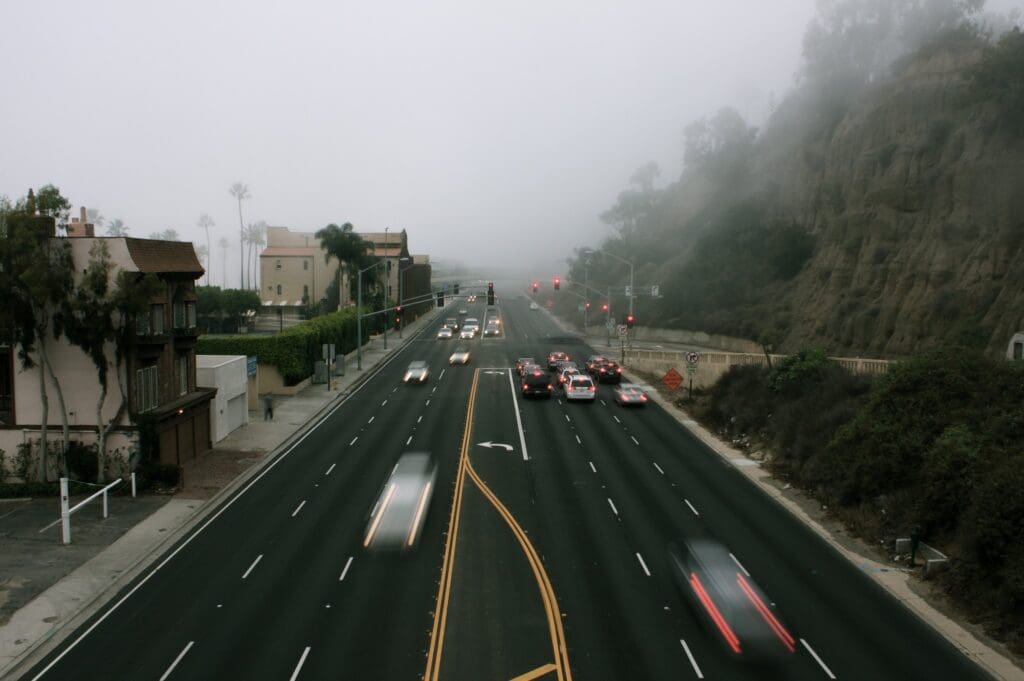My father who had a stroke about twelve years ago, lives in a facility right near the beach on PCH (the Pacific Coast Highway), although I’m not sure he knows he lives so close to the beach. I think that if he knew, he would be very excited because he loves the ocean. This facility, like many of the senior facilities across the nation, has been struggling all year to battle COVID. Interestingly, it’s served as a kind of barometer, a proxy of sorts for the COVID spread in the area. With each new surge in the area, I receive calls from the facility, telling me that my father is fine and COVID-free, but there are 2 or 5 or 25 number of cases in the community and that he’s been exposed and quarantined in his room. With every surge, I worry that I may never see him again, that he is lonely in his room all by himself, unable to use his words to express that loneliness. With every surge, I think about all the front-line caregivers who put themselves at risk every single day to care for people like my father, people who aren’t even their family members while I sit in the comfort of my own home. Sometimes the guilt is overwhelming. I think back to earlier in the year when the facility had 20-plus cases and think what a miracle it is that my father is still alive and COVID-free while so many others in the facility have become ill or died. Hopefully soon, all the caregivers and residents can get the vaccine. I hear the vaccine has made it in the area and because of that, I’m hopeful for the future. —Victoria Chang
As the holiday season slinks and stumbles here, and the vise-grip of COVID shrinks the world into just people’s faces on screens, my dog, and my partner, the L.A. area seems to be both less and more of itself. The stress and hot mess of moving the cars for street sweepings feels less arduous, but that feels like a trivial victory when I consider the unhoused’s numbers swelling more and more, new tents and encampments arising in new spots all along the path I walk with my dog. The protests maintain their passion and dedication—on our balcony we’ve chanted with them, “Ain’t no power like the people’s power ’cause the people’s power don’t stop!”—but they happen less and less. There’s an exhaustion in the air, a fatigue that slumps shoulders, furrows brows. Even on a stereotypically perfect Southern California day, when we’re riding bikes with our dog, the sun and sky, that beautiful blurred swirl of orange, blue, white, and red, the 45th’s remaining days of power shadows everything. The more than 330,000 dead shadows everything, the millions waiting in line for food shadows everything. My extreme privilege and dumb luck through all of this shadows my thoughts. I’m thankful beyond description, yet I am feeling something that is perhaps akin to survivor’s guilt and am reminded of the title of one of my mentor’s books, Forgive Us of Our Happiness. The title comes from Fyodor Dostoyevsky’s The Idiot. I’ve long given up on getting into heaven, but I do feel some semblance of guilt that this pandemic has treated me and my close ones so much better than it’s treated so many others. —Douglas Manuel
Organizations to support:
The Food Bank of Southern California: www.foodbankofsocal.org
Project Angel Food (prepares and delivers healthy meals to feed people impacted by serious illness): www.angelfood.org/
The Los Angeles Regional Food Bank: www.lafoodbank.org
Home Dog LA (help for pet owners—vet visits and dog food): www.homedogla.org/
Los Angeles Mission (provides meals, hot showers, safe shelter, and other life-giving support to unhoused people in need): www.losangelesmission.org
BLMLA: www.blmla.org
Los Angeles LGBT Center Health Services: www.lalgbtcenter.org/health-services/mental-health/intimate-partner-domestic-violence

